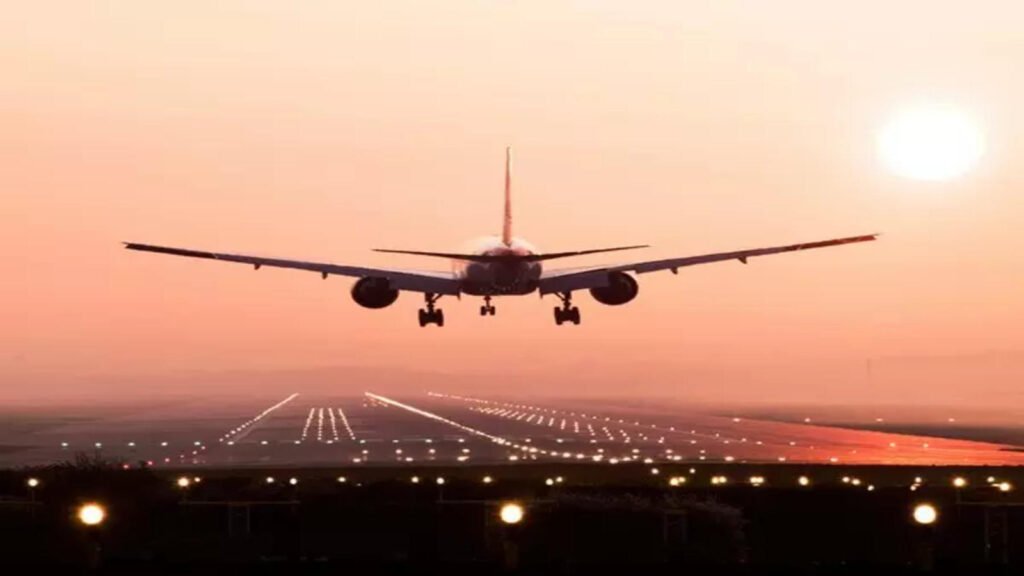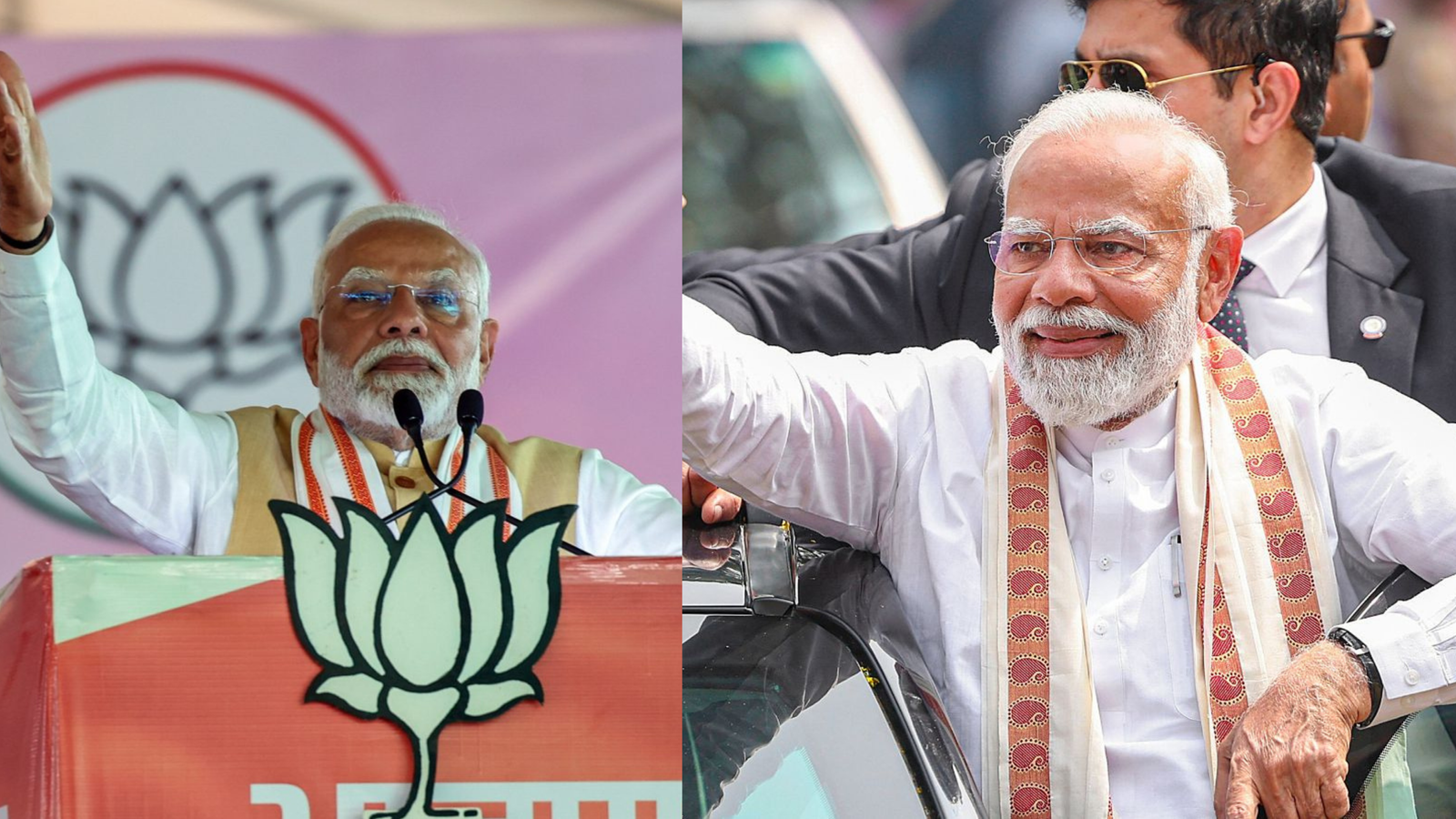Since Monday, at least 19 flights in India have been affected by hoax bomb threats, leading to significant delays and diversions. The threats, which have primarily targeted international flights, have raised concerns about aviation security in the region.
Notable Incidents
On Wednesday, an Air Akasa flight en route to Bengaluru was diverted to Delhi due to a bomb threat. The previous day, Singapore’s Air Force deployed two fighter jets to escort an Air India Express flight after a similar threat was reported. Additionally, an Air India flight traveling from Delhi to Chicago made an unscheduled landing at a Canadian airport as a precaution.
Other airlines, including IndiGo and SpiceJet, have also faced disruptions due to these threats. While hoax bomb threats are not uncommon in India, the sudden spike in incidents since Monday remains unexplained.

Government Response and Security Measures
India’s Civil Aviation Minister Ram Mohan Naidu Kinjarapu assured the public that the ministry is closely monitoring the situation. He emphasized the government’s commitment to maintaining high security standards, stating, “Passenger safety remains our priority.” In response to the threats, a senior home ministry official indicated that more security personnel would be deployed on “sensitive routes,” though official confirmation is pending.
On Monday, threats directed at three international flights departing from Mumbai led to their diversion or delays. Authorities have detained a teenager in connection with these incidents. The following day, additional threats impacted seven flights, including two operated by Air India. These threats originated from a now-suspended X (formerly Twitter) account that tagged the airline and local police while mentioning specific flight numbers.
Air India has stated it is cooperating with authorities to track down those responsible for the threats and is considering legal action to recover damages incurred during the disruptions.
Security Protocols in Action
Every airport in India has a Bomb Threat Assessment Committee tasked with evaluating the severity of threats and coordinating responses. In the event of a threat, procedures typically involve the deployment of bomb disposal squads, sniffer dogs, ambulances, and police. Passengers and their luggage are offloaded for thorough screening, and engineering and security teams inspect the aircraft before it can resume operations.
These security measures can result in costly delays, often amounting to thousands of dollars for airlines and security agencies. For international flights, such disruptions can also engage foreign aviation authorities, as seen with the recent involvement of Singapore and Canadian agencies.

International Involvement
On Tuesday, Singapore’s Defence Minister Ng Eng Hen reported that two fighter jets were scrambled to escort the Air India Express flight from Madurai to Singapore, directing it away from populated areas before it landed safely at Changi Airport. The aircraft was subsequently handed over to the Airport Police for further investigation.
Meanwhile, the Royal Canadian Mounted Police is investigating the bomb threat that caused an Air India flight to land at Iqaluit Airport. Air India announced on Wednesday that a Canadian Air Force plane would transport passengers to Chicago, although it remains unclear when the original flight will be cleared for takeoff.
Conclusion
As the situation develops, the aviation industry in India remains on high alert. The recent surge in hoax bomb threats has not only disrupted flights but also highlighted the importance of robust security measures in ensuring passenger safety. Authorities continue to work diligently to address these threats and mitigate their impact on air travel.




